\(\because\) Quantitative Ecological Dynamics Group \(\because\)
Interested in joining? Read about our research focus here and explore the science we do by checking out our publications. If you find this interesting and would like to get in touch, drop me a line at: jyeakel🤖ucmerced🤖edu
Principal Investigator
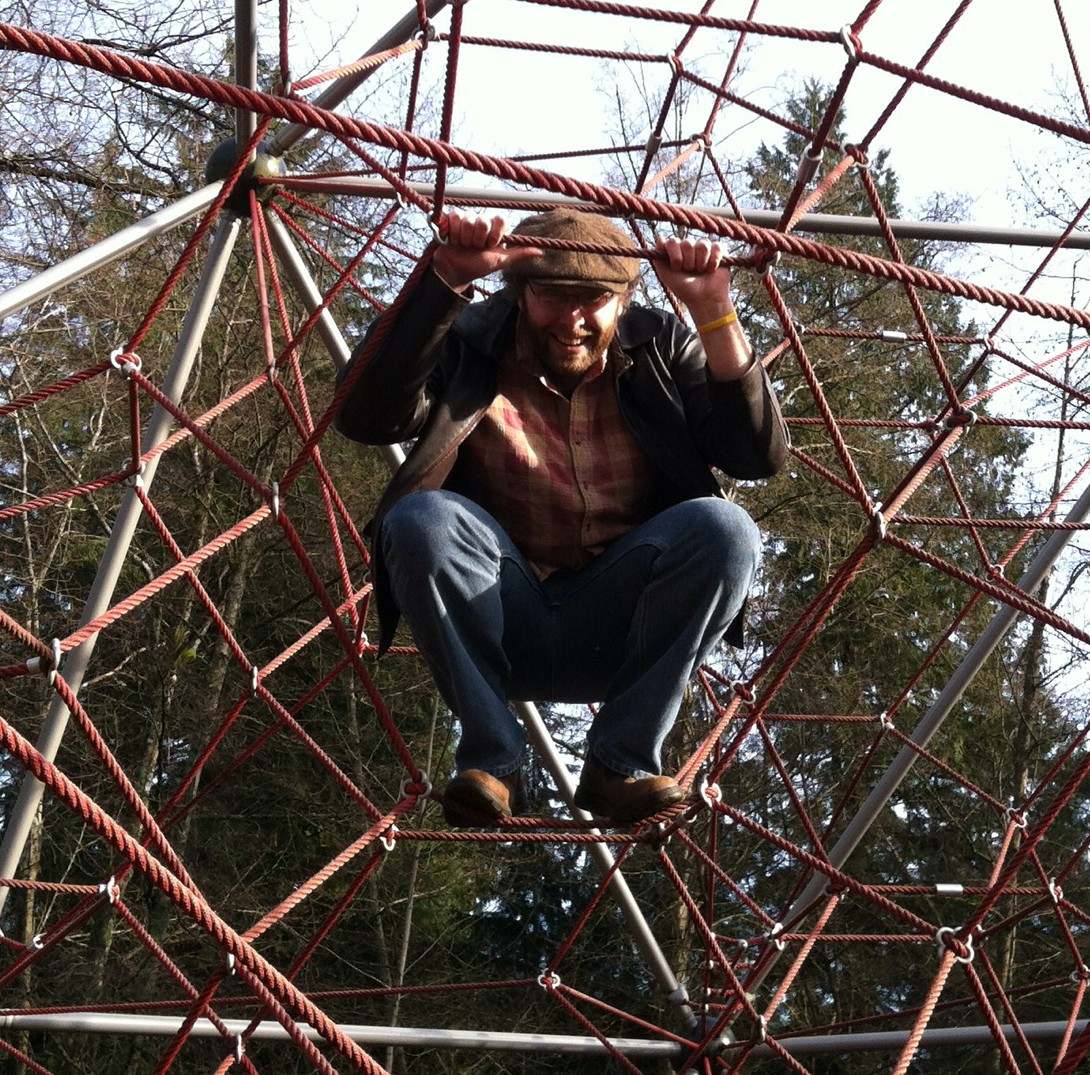
Graduate Researchers
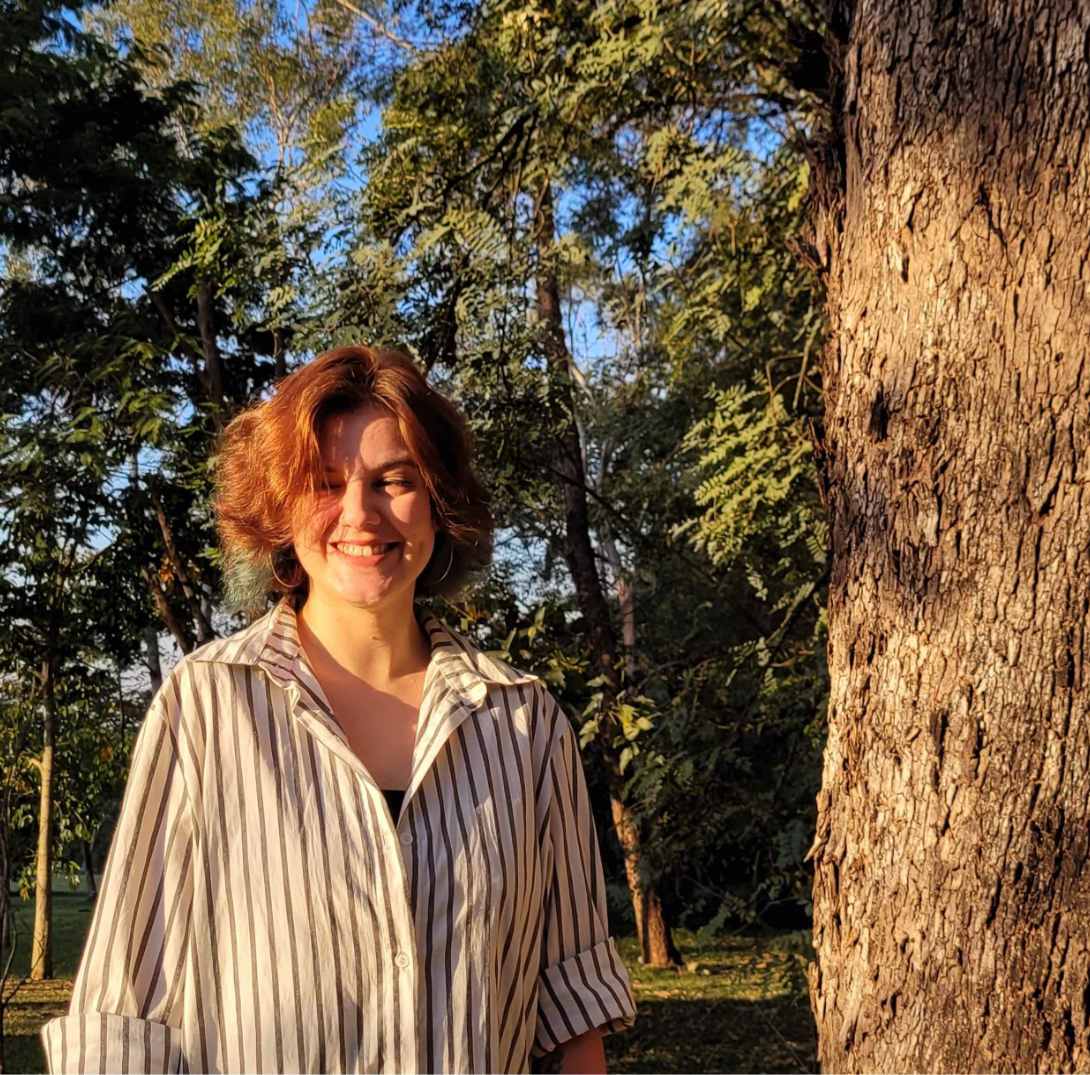
Anna Carolina Dias de Almeida "I am broadly interested in eco-evolutionary dynamics and the gap in knowledge between micro and macroevolution. More specifically, I'm interested in how complex ecological interactions can affect the evolution of species. I aim to use mathematical modeling and empirical data to explore how predator-prey, competition and mutualistic interactions can act on a macroevolutionary scale, and analyze evolutionary events, such as speciation, extinction, and hybridization."

Pedro Ugarte (visiting) "I am interested in deep-time evolutionary dynamics and the ways species interactions and climate shape biodiversity patterns. I am currently completing an MSc in Ecology at the University of Campinas (Unicamp, Brazil) and will be a visiting graduate researcher in the Yeakel Group. I aim to use empirical data, mathematical modeling, and network theory to investigate the role of human diet on the extinction of megafauna during the Late Quaternary."
Undergraduate Researchers
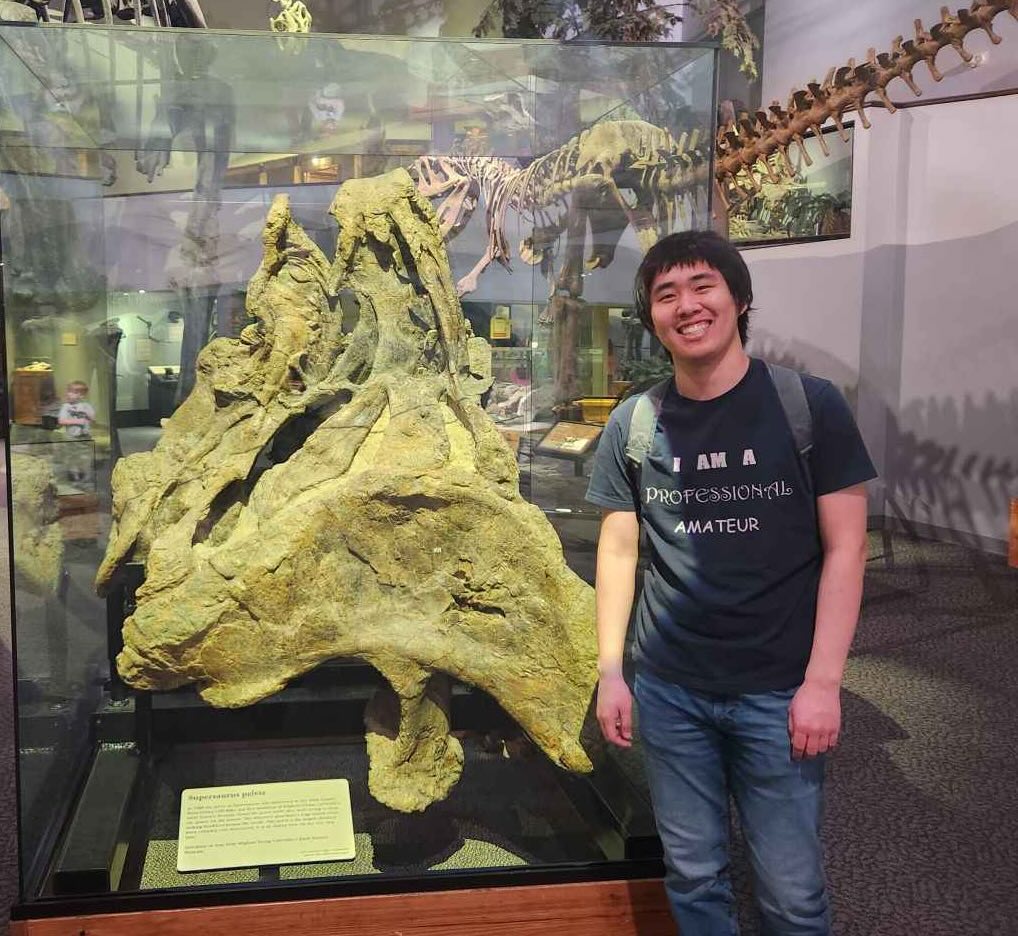
Mason Fan "I am interested in Mesozoic paleoecology, particularly the life history of various extinct vertebrates and the possible interactions between other members of their own and other species. I would like to gain a better understanding of these organisms by studying their remains, closest living relatives, and the extant organisms currently occupying the potential niche they filled in the past."

Your Name Here "If you're an undergraduate student at UC Merced and would like to join our group, please get in touch!"
Lab Alumni
Ph.D. Students
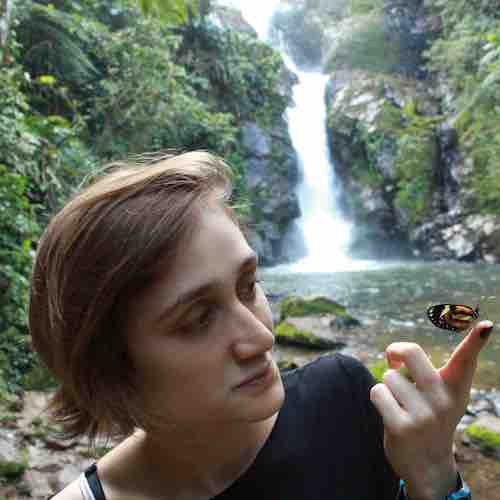
Dr. Irina Birskis Barros, Ph.D. (Quant. Sys. Biology); Postdoctoral Researcher, Michigan State University"I am interested in how species assemble into communities, especially how diversity shapes and is shaped by species interactions. I aim to use empirical data, mathematical modeling and network theory to investigate how ecological networks assemble and what factors might influence their stability and structure over evolutionary time."
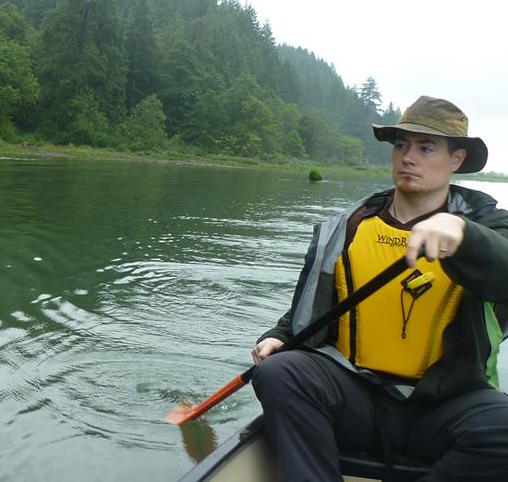
Dr. Taran Rallings, Ph.D. (Quant. Sys. Biology); Postdoctoral Researcher, Imperial College London (Silwood Park)"I am interested in how we set conservation baselines. I want to use modelling, food web theory, and paleocology to compare modern and historical communities with an eye to conservation and restoration. This includes questions of how to best restore food webs to early baselines - the usefulness of ecological surrogates and de-extinction, stabilizing reintroduction orders, etc. This information may help us make better decisions about existing projects like Pleistocene Park and help structure future rewilding attempts."
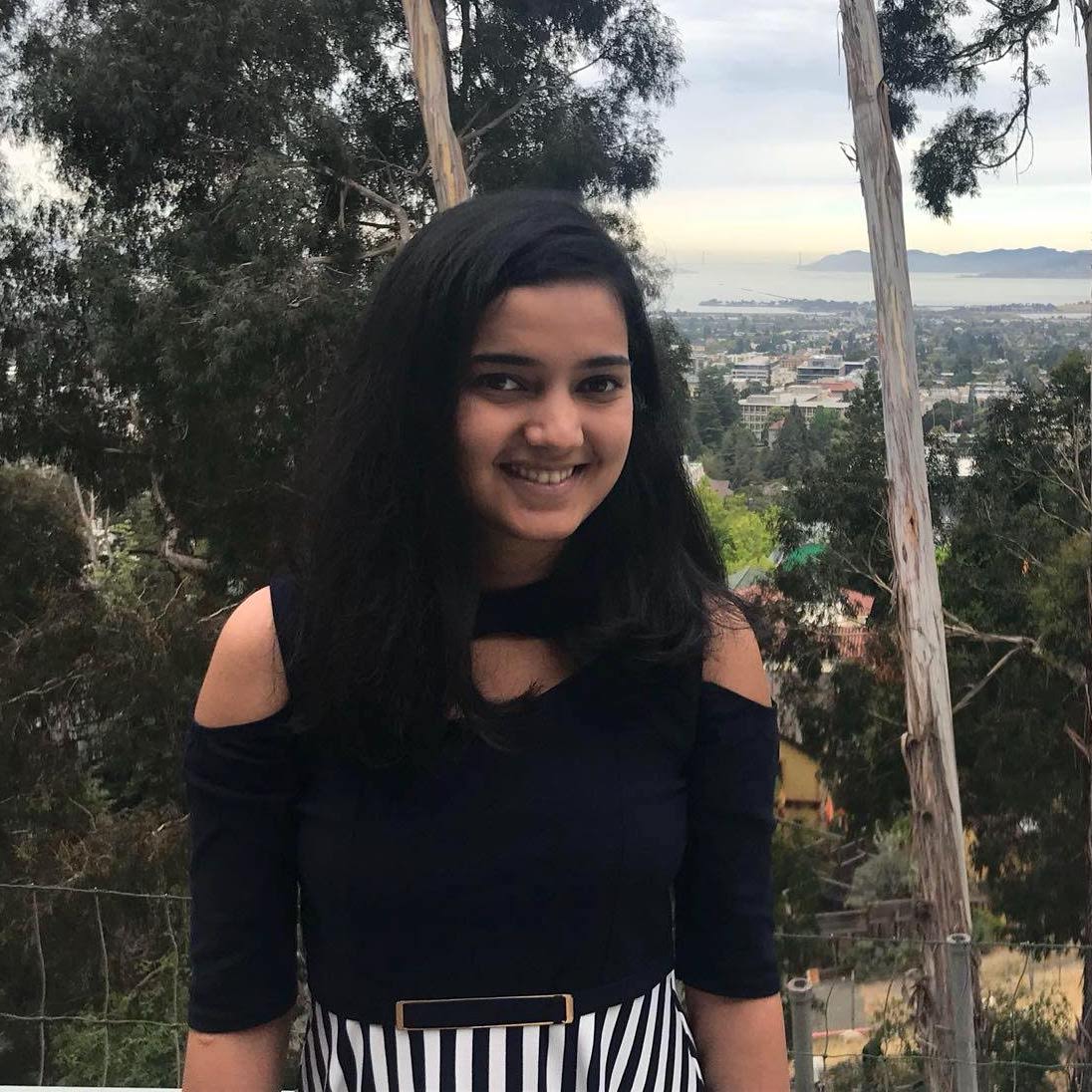
Dr. Megha Suswaram, Ph.D. (Quant. Sys. Biology); Faculty, AIMS Community College "I am broadly interested in how phenotypic variation evolves with complex ecological interactions. I use modeling to understand trophic interactions, feedbacks and selection pressures in eco-evolutionary biology. I am particularly interested in understanding the effect of antagonistic selection pressures on phenotypic trait evolution and how it changes predator – prey dynamics. I am also exploring conditions under which mutualisms may evolve between the different kind of predator-prey interactions."

Dr. Ritwika VPS, Ph.D. (Physics); Postdoctoral Researcher at UCLA "I joined UC Merced as a physics grad student in Fall 2015. I have long been interested in the scope of using physics to solve problems in ecology and evolutionary biology, hence my interest in the Yeakel lab. Currently, I work on an eclectic collection of problems which includes looking at vocalisation in human infants as an acoustic foraging process, studying the dynamics of a population of foragers given a choice of strategies, and looking at the collective motion of phototactic bacteria."
Postdoctoral Researchers
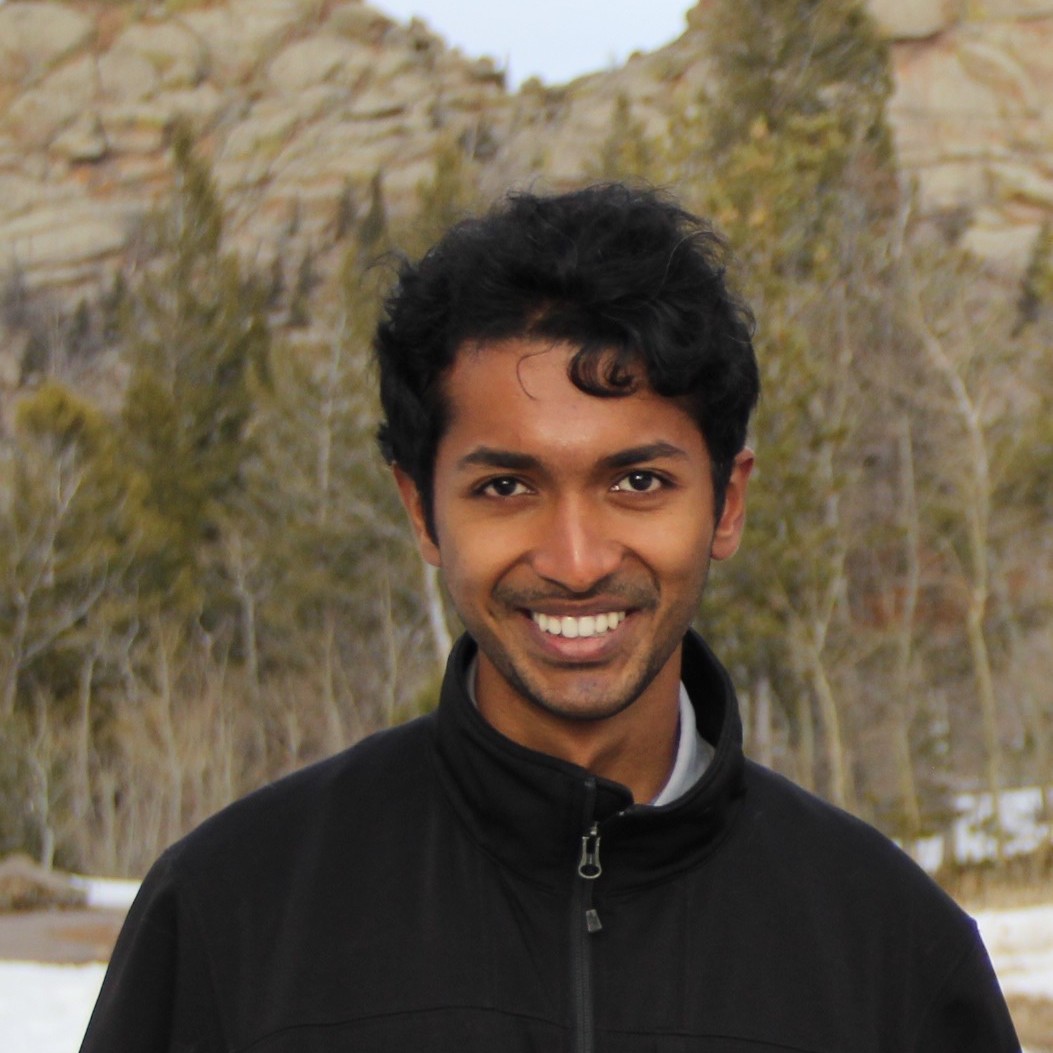
Dr. Uttam Bhat; Data Scientist, Climate LLC "I study problems in ecology using tools from physics. In particular, currently I'm studying how different foraging behaviors affect the depletion pattern in the environment, and in turn how the depletion affects the forager's lifetime. For this, I use tools from random walks, first-passage processes and asymptotic analysis."
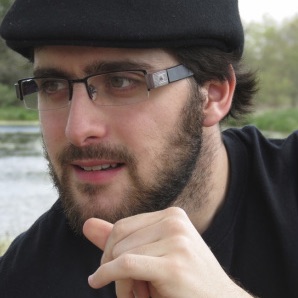
Jean-Philippe Gibert, Former McDonnell Fellow; Assistant Professor, Duke University NC "I study how phenotypic variation affects the structure and dynamics of complex food webs and how this effect is mediated by environmental factors such as temperature. To do so, I integrate information across systems and taxa and often combine mathematical, computational and empirical tools."
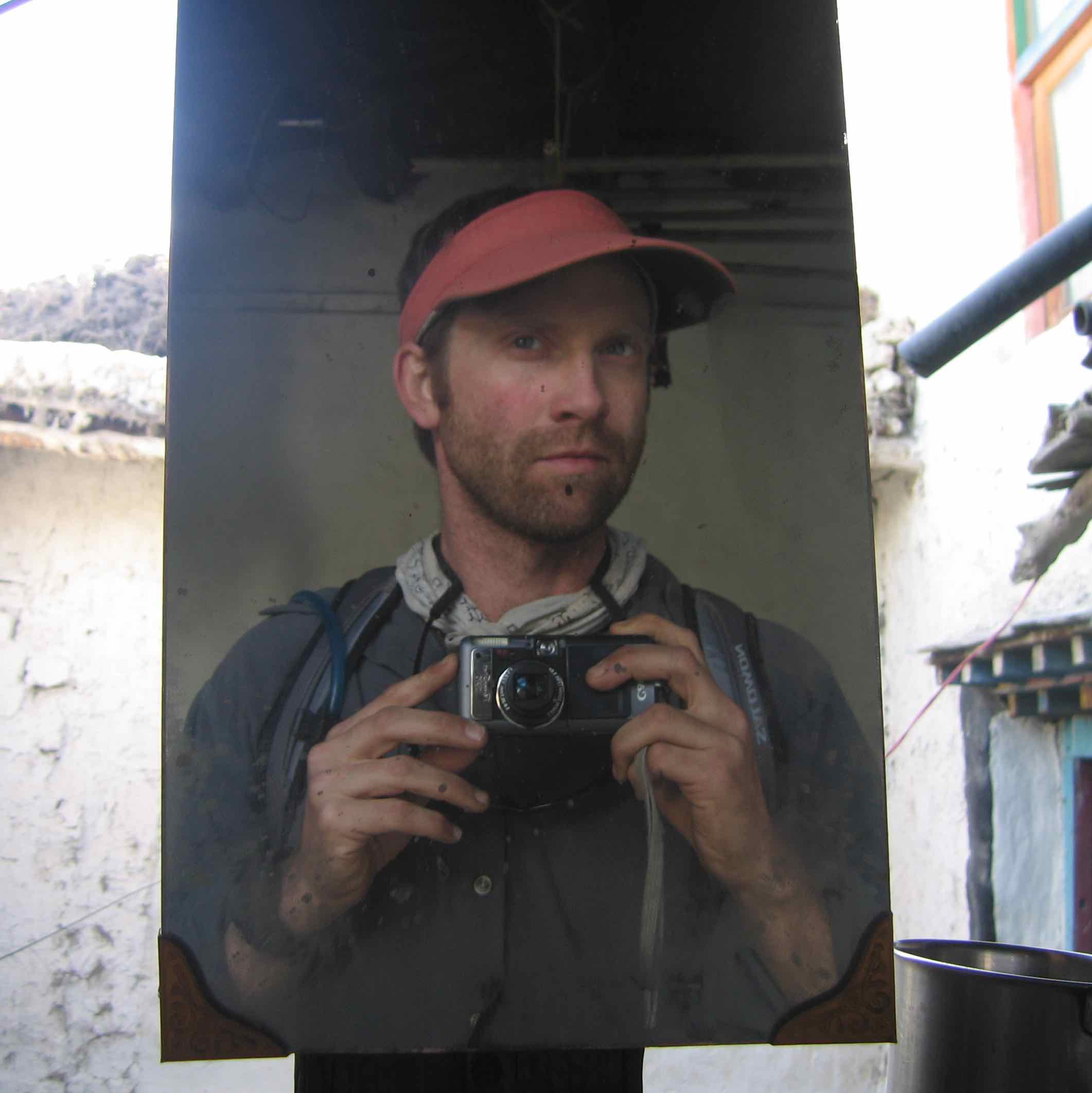
Dr. John (Jack) Hopkins III; President, Center for Wildlife Studies "I primarily conduct empirical field-based research that uses a variety of sampling methods and quantitative approaches to investigate the effects of environmental change on species interactions, wildlife-habitat relationships, and the foraging behavior and nutrition of free-ranging mammals."
Undergraduate Students

Andrea Diaz Cruz "I am very passionate about the environment and I want to understand more of the inner workings of ecology. I am studying trophic systems and developing models which will reflect the human impact on ecosystems as I hope to predict what happens to an ecosystem when the trophic order is disrupted."
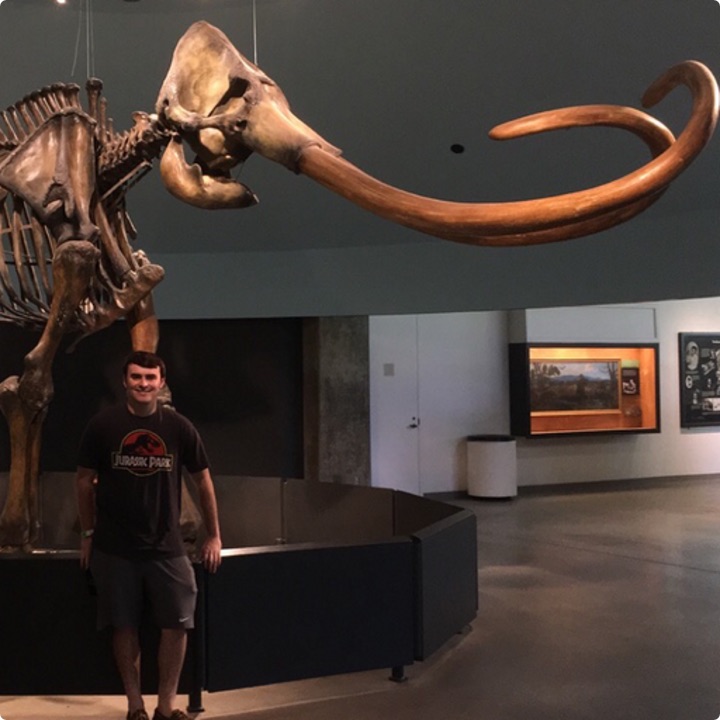
Harrison Duran "I am interested in studying ecology and the dynamics between systems in order to develop a greater understanding of humanity's impact on the environment. I gather information on mammal morphology in order to find correlations between certain morphological traits and diets"

